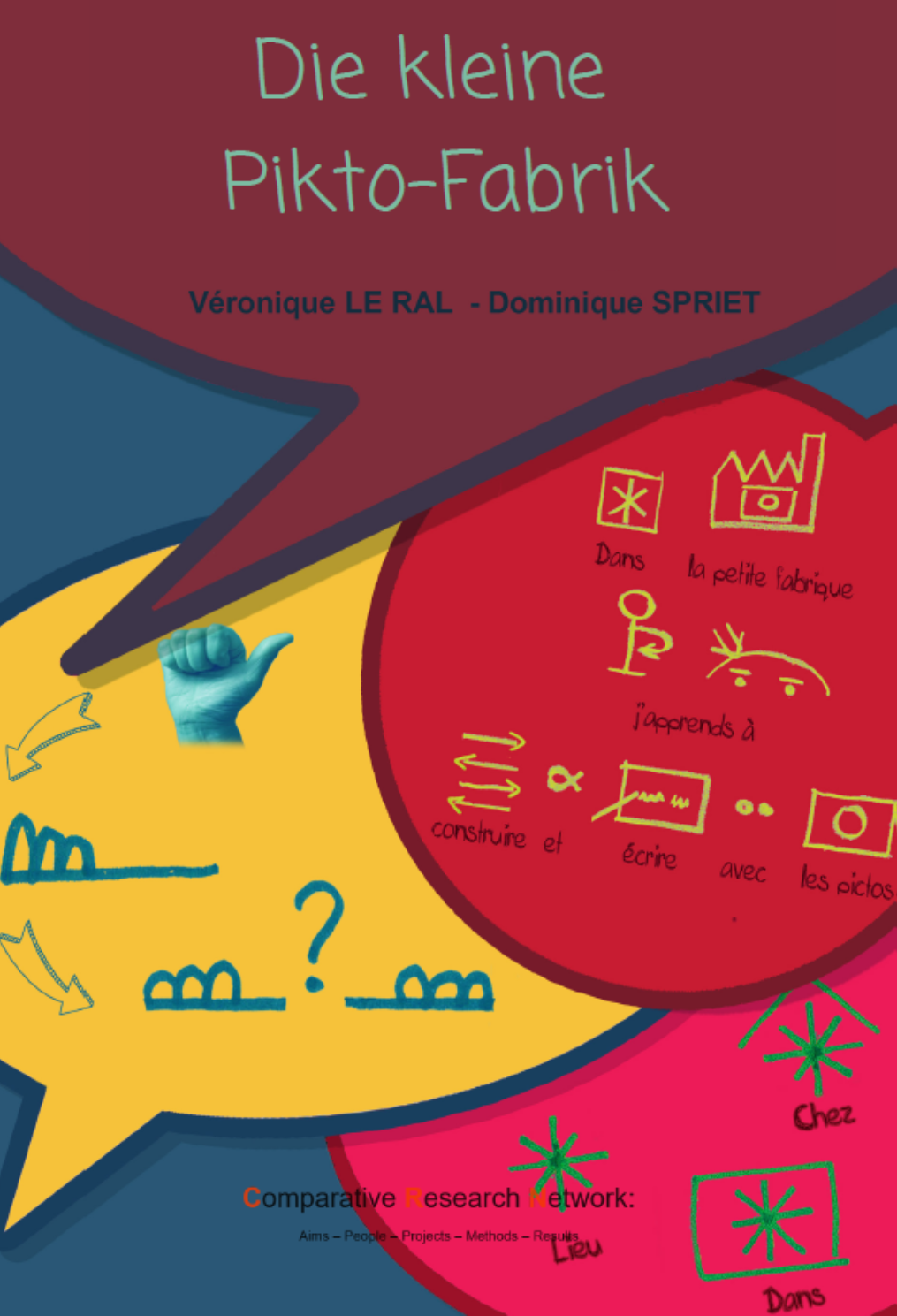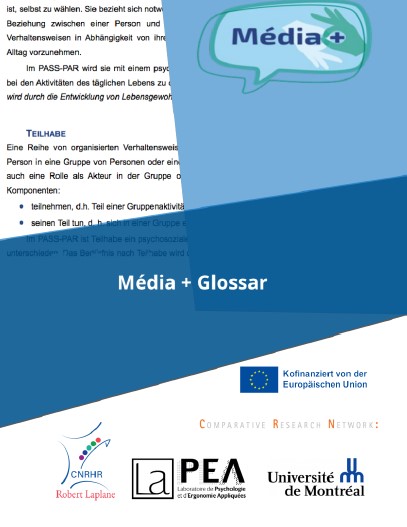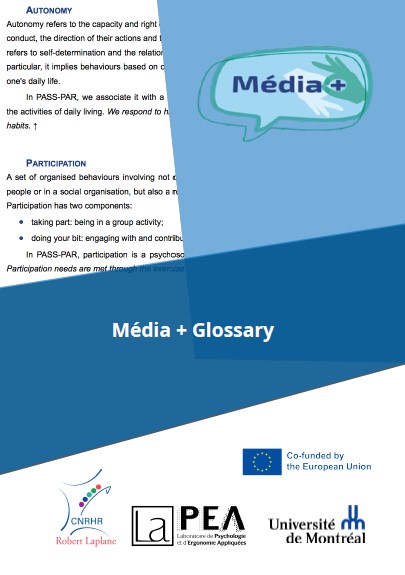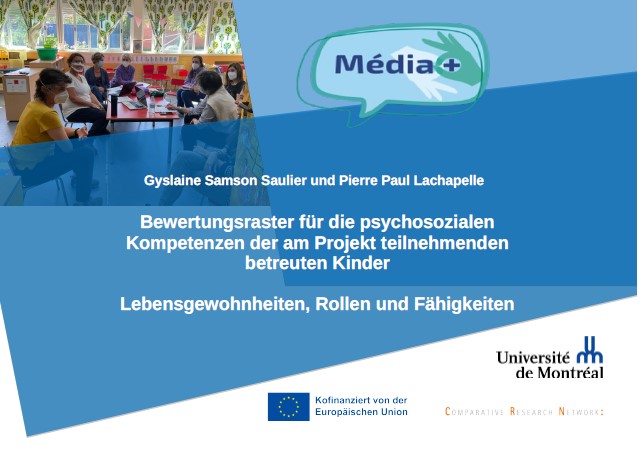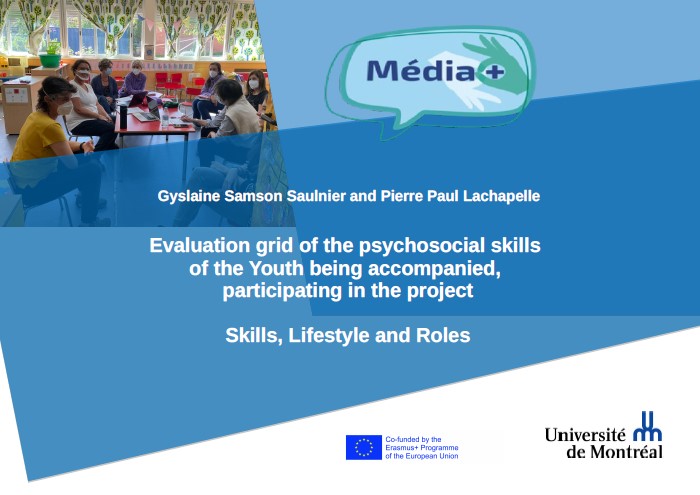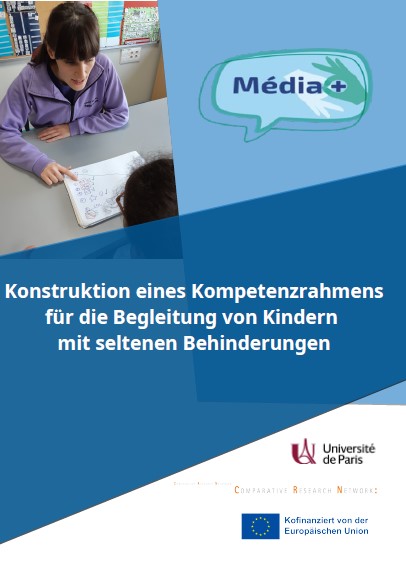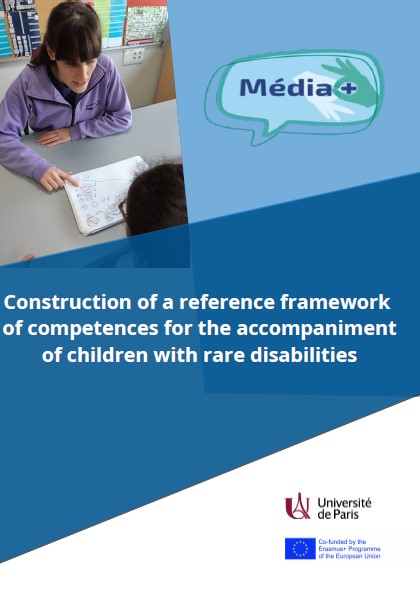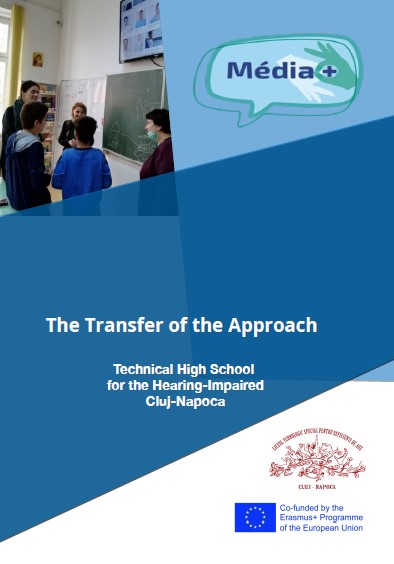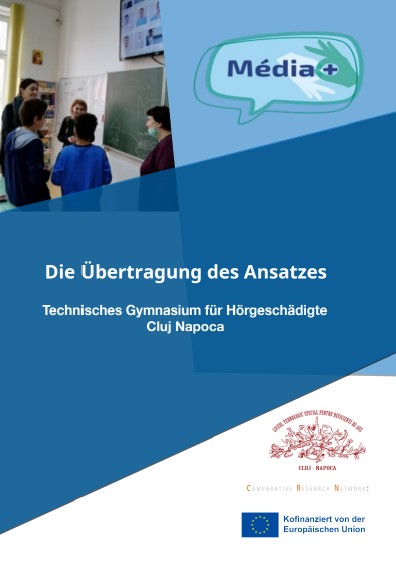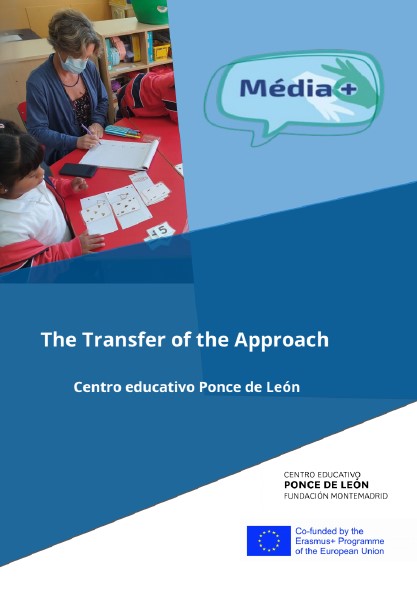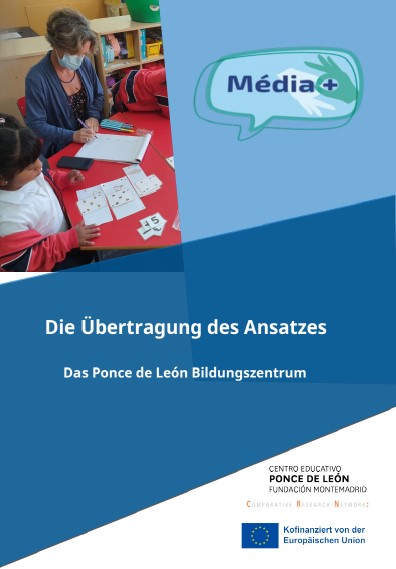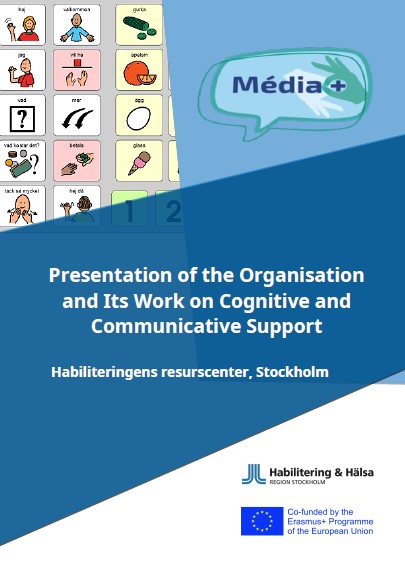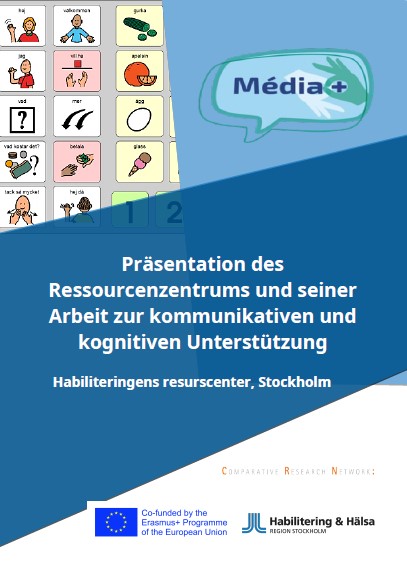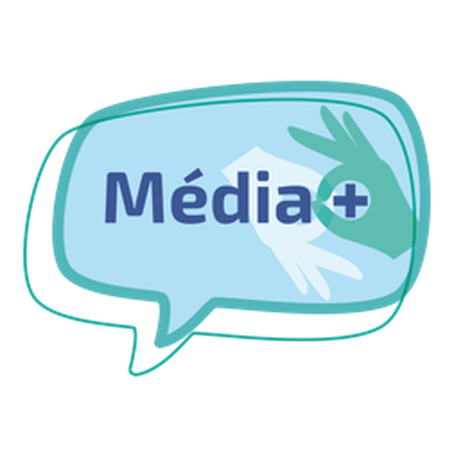The development of the skills of young people with disabilities who are very handicapped in their exchanges and who have specific communication needs, whether they are deaf with associated impairments or who have complex speech disorders without hearing loss, is at the heart of the concerns of families and professionals. who accompany them.
In fact, the lack of a suitable means of communication can lead to isolation or the appearance of behavioral problems and thereby further complicate the disability situation. This project has the ambition to focus on this complex population, poorly identified that requires specific expertise and an adaptation of the entire entourage.
It is based on an approach to access communication and language using media: situational drawings, pictograms. The foundation of this approach is anchored in mutual trust, mutual recognition that includes the credit we give the child to have things to say and to share with us. It is therefore not a matter of setting up a simple alternative communication method. But rather to share a way of being that is based on a conception of exchange with a child in great difficulty of communication.
It sets the first steps in the construction of a multimodal training device for professionals and families. It aims to model the approach to access to communication and language in a European context, develop the pedagogical tools associated with the approach and develop a repository of skills of professionals using the approach. The transfer of the approach will be implemented during experiential training sessions in Madrid, Cluj and Stockholm. It will concern three groups of five young people and the professionals of the multidisciplinary team who accompany them.
The partners mobilized around this issue (the Robert Laplane National Resource Center, the Laboratory of Applied Psychology and Ergonomics (LaPEA) of the Paris Descartes University, Centro edocativo de Ponce de Leon, Liceu tehnologic special pentru deficien?i of Auz Cluj -Napoca, Comparative Research Network) will realize:
. Modeling an approach to access to communication and language
. A lexicon, tool for contextualization of the key definitions of the project
. A skills framework for professionals working with young people and adults with disabilities and with specific communication needs
. An assessment of the impact on youth of the quantitative and qualitative approach to language access that will be developed with the support of two Canadian consultants.
. The formalization of tools for the development of the skills of the professionals accompanying these young people will be supported by the expertise of the CRN.
. A strategy for disseminating intellectual productions
. A set of policy recommendations regarding the needs and potential uses of the approach, to be defined by the partners based on their own experiences and results of project activities
A wider diffusion of the approach for access to communication and language will thus be possible. The teaching tools will support the resource persons initially and then a multimodal training device will be built as part of a new European partnership so that professionals “resources” and families “resources” in all territories are able to intervene as soon as possible with young people with specific communication needs and all the actors in their environment.

